Lawsuit to allege foreign payments to Trump firms violate Constitution
A team of constitutional scholars and legal experts is filing a lawsuit accusing US President Donald Trump of violating the US Constitution by allowing his hotels and other business operations to accept payments from foreign governments.
The Citizens for Responsibility and Ethics in Washington (CREW) will seek a court order on Monday to ban Trump from accepting such payments, The New York Times reported.
The watchdog will argue that the payments violate a provision in the Constitution known as the emoluments clause.
"We did not want to get to this point," Noah Bookbinder, the watchdog’s executive director, said in a statement.
"It was our hope that President Trump would take the necessary steps to avoid violating the Constitution before he took office. We were forced to take legal action," he added.
The case is among a wave of legal challenges that have been initiated or are being planned by legal groups against the Trump administration.
Though the suit will not seek monetary damages, it will request a Manhattan federal court to order Trump to stop receiving payments from foreign officials and entities.
“The framers of the Constitution were students of history,” said Deepak Gupta, one of the lawyers behind the lawsuit. “And they understood that one way a republic could fail is if foreign powers could corrupt our elected leaders.”
CREW said Trump does business with countries like China, India, Indonesia and the Philippines, and that is a cause for concern in future US trade deals with those countries.
“When Trump the president sits down to negotiate trade deals with these countries, the American people will have no way of knowing whether he will also be thinking about the profits of Trump the businessman,” the group said.
As a businessman, Trump has been taking payments from patrons, including government officials, at his hotels and golf courses and loans for his office buildings from certain banks controlled by foreign governments.
Trump’s lawyers argue that the emolument clause of the Constitution only prohibits federal officials from accepting a special consideration or gift from a foreign government and does not apply to payments such as a bill for a hotel room.
At the center of the controversy is the Trump International Hotel in Washington, which sits on federal property and the General Services Administration (GSA), a federal agency, leased to Trump in 2003 for 60 years.
The paperwork explicitly forbids any elected official from holding the lease or benefiting from it.
Last week, CREW lodged a formal complaint with the federal government against Trump over the lease on the hotel.
The watchdog asked to declare that Trump was in violation of the $180 million lease the moment he was sworn in as president.
Trump 2.0 and its possible implications on Ukraine war, NATO and Europe
Israeli commander exposed troops to resistance fire to steal plasma screens
Iran lifts ban on WhatsApp, Google Play
VIDEO | Palestinian childhood under threat
Yemeni forces strike Israeli military site with hypersonic missile
Yemeni missiles alter US, Israel’s calculations: Iranian FM
Israel provides full support for theft of aid to starve Gazans: Report
'Israel booby-trapped walkie-talkies, pagers years before Lebanon blasts'


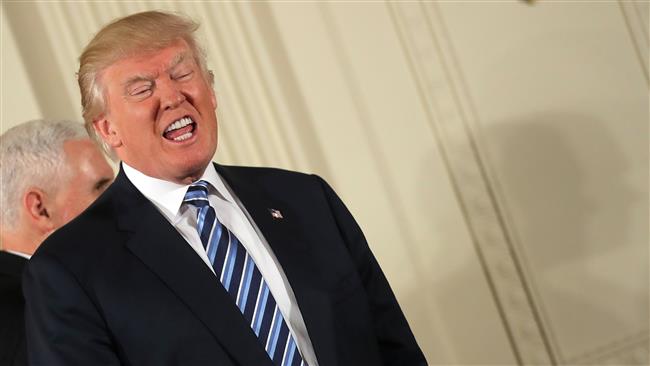






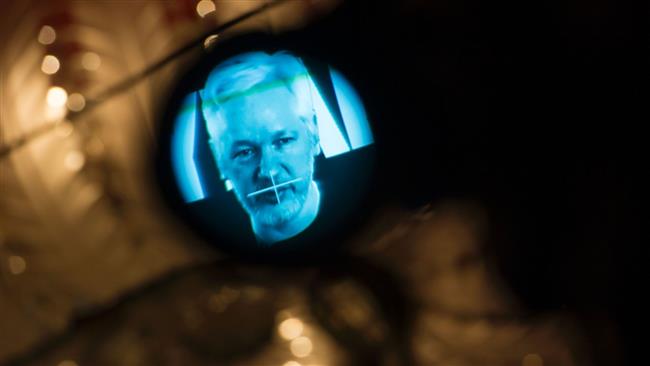
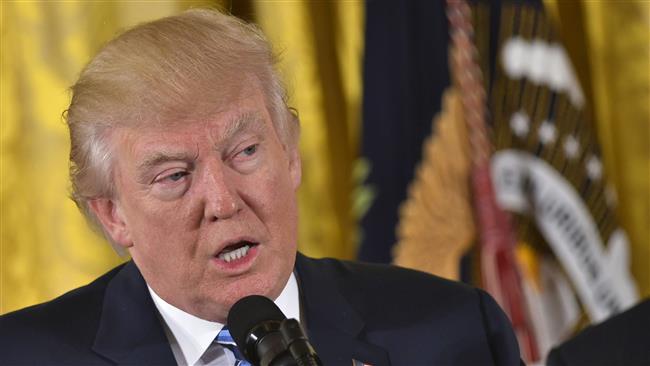
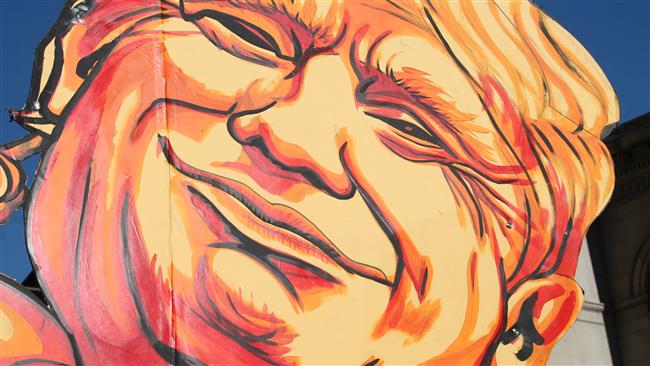
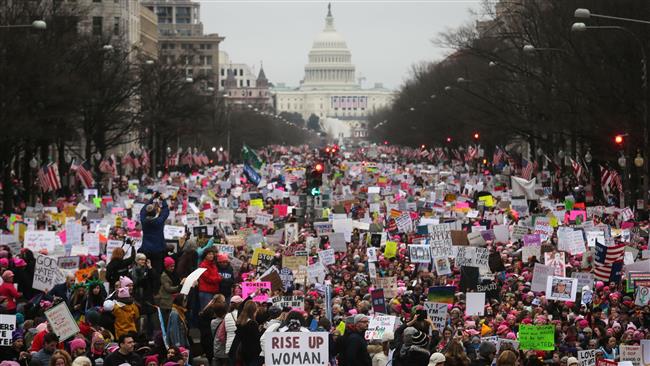

 This makes it easy to access the Press TV website
This makes it easy to access the Press TV website